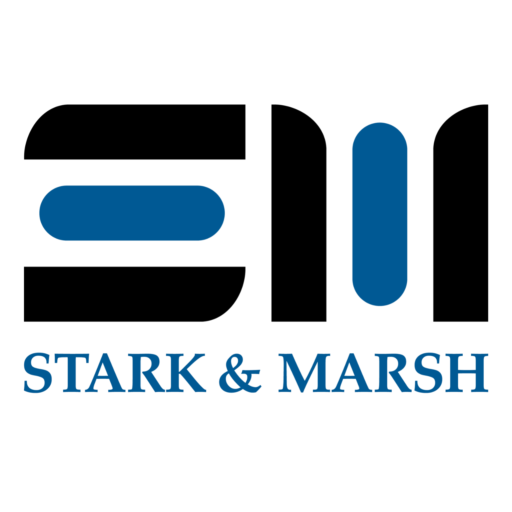NEWS
Understanding Bare Trusts: A Historical and Current Perspective on Tax Requirements in Canada
Introduction to Bare Trusts
In Canadian tax law, a bare trust refers to a trust in which the trustee holds legal title to the trust’s property but has no active duties or powers over its management, apart from carrying out the instructions of the beneficiary. The beneficiary, on the other hand, enjoys all the benefits and risks of ownership, even though legal title rests with the trustee. These trusts are sometimes used for administrative purposes, such as holding property on behalf of another party without transferring ownership outright.
The Historical Tax Requirements for Bare Trusts
Historically, Canada’s tax laws required a trust, including bare trusts, to file an income tax return if it was considered an “inter vivos” trust (a trust created during the lifetime of the settlor). However, until recently, bare trusts were often not subject to significant reporting requirements compared to other types of trusts. This leniency was largely because bare trusts did not have significant income-generating activities or discretionary powers that could affect tax filings.
In practice, Canadian tax authorities allowed bare trusts to avoid filing a T3 Income Tax and Information Return under certain circumstances. This exemption was based on the assumption that the tax burden fell directly on the beneficiary rather than the trust itself, due to the beneficiary’s complete control over the trust’s assets.
Changes in Reporting Requirements
The landscape of tax reporting for bare trusts began to shift in recent years. Starting in 2021, Canada introduced new reporting obligations for trusts under the Beneficial Ownership and Transparency provisions. As part of the government’s efforts to reduce tax avoidance and increase transparency, it became clear that more information about who truly owns and controls assets was needed. This move aimed to prevent the use of trusts to hide beneficial ownership and avoid tax obligations.
Under the 2021 federal budget, Canada began to require that all inter vivos trusts file T3 returns, including bare trusts, even if they didn’t have income to report. This change aimed at increasing transparency around the ownership of assets and ensuring that tax obligations were met.
The 2023 Announcement and Exemption for Bare Trusts
On March 28, 2023, the Canada Revenue Agency (CRA) announced an exemption for bare trusts from the obligation to file a T3 Income Tax and Information Return for the 2023 tax year. This exemption was due to concerns about the administrative burden of filing for such trusts, especially given that bare trusts are generally not used to accumulate or distribute income.
The CRA clarified that bare trusts would only be required to file T3 returns if they were specifically asked to do so. This decision was welcomed by many who believed the new reporting requirements were overly burdensome for trusts that essentially pass on ownership without engaging in significant taxable activity.
Where Things Stand Today
As of 2024, the CRA has extended this exemption, confirming that bare trusts will not be required to file T3 returns for the 2024 tax year unless explicitly requested. This extension allows stakeholders more time to adapt to the new reporting landscape. It also reflects an ongoing review of the requirements to ensure that tax reporting rules are fair, practical, and transparent.
However, it’s important to note that while the bare trust exemption applies to reporting for tax purposes, it does not exempt these trusts from other regulatory obligations, including reporting under the Proceeds of Crime (Money Laundering) and Terrorist Financing Act or other due diligence requirements.
Looking forward, the Canadian government is considering further reforms that could affect bare trust reporting starting in 2025. These changes may involve more stringent transparency requirements, with an eye toward further reducing the potential for trusts to be used for tax avoidance purposes.
Conclusion
Bare trusts have long been a tool used by Canadians for simple asset-holding purposes. While the tax implications for bare trusts have evolved over time, recent changes have led to some temporary relief from filing obligations for certain trusts. If you have any questions, contact your Stark & Marsh Advisor for more details.

Passing Down the Family Cottage: Keeping the Memories Alive
WEALTH MANAGEMENT RESOURCEPassing Down the Family Cottage: Keeping the Memories Alive For many families, the cottage is more than just a property—it’s the backdrop to cherished summer traditions. It’s where kids learn to swim, where late-night conversations unfold...

Understanding the Carbon Tax Credit in Saskatchewan
NEWS Understanding the Carbon Tax Credit in Saskatchewan: What You Need to Know for 2024 and BeyondThe Canada Carbon Rebate (CCR)—previously known as the Climate Action Incentive (CAI)—has provided financial relief to individuals and families impacted by federal...

Recent Changes to Capital Gains Inclusion Rate and Lifetime Exemption: What You Need to Know
NEWS Recent Changes to Capital Gains Inclusion Rate and Lifetime Exemption: What You Need to KnowThe Canadian government has announced a delay in the implementation of the proposed capital gains inclusion rate change. Originally set to take effect on June 25, 2024,...
